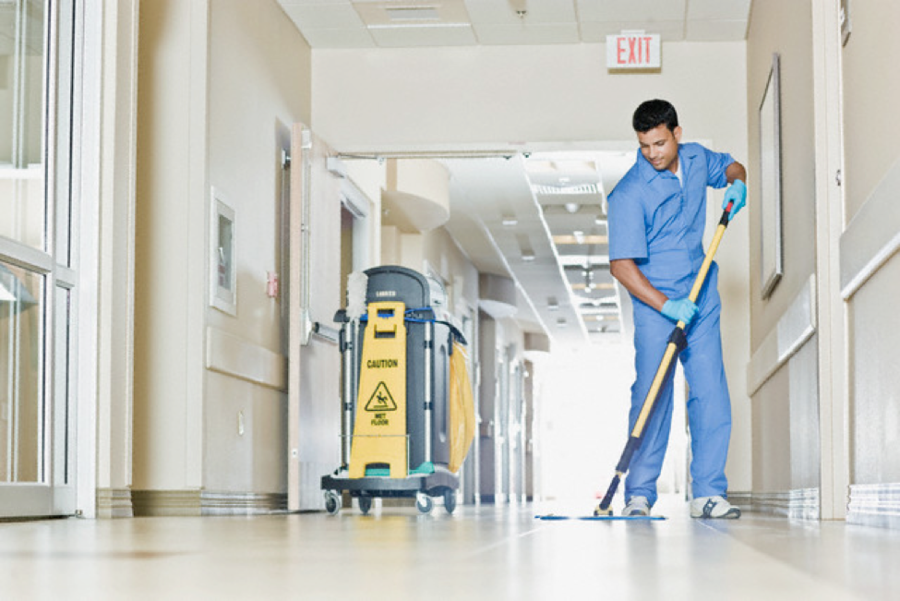Hospital Cleaning Job: What Skills Make You a Strong Candidate?
Cleaning in a hospital is not like cleaning in an office or a hotel. Every action has the potential to impact health outcomes. In this article, we’ll explore the key skills that employers look for when hiring hospital cleaning staff—and what makes certain candidates stand out. Whether you’re preparing for the job or evaluating your readiness, understanding these skills is a crucial first step.
Why Skills Matter in Hospital Cleaning
Hospitals are fast-paced, highly regulated environments. Cleaning staff must be more than just thorough—they must understand how their work directly supports infection control and patient safety. From cleaning isolation rooms to sanitizing medical equipment surfaces, your skills can help prevent the spread of serious infections like C. diff, MRSA, or COVID-19.
That’s why hospitals often seek candidates who are not only dependable but capable of following strict protocols, communicating clearly, and working well under pressure.

Core Skills Needed for Hospital Cleaning Jobs
Here are the core skills most hospitals expect from their environmental services staff:
1. Attention to Detail
Hospital cleaning leaves no room for shortcuts. Every surface, corner, and handle must be properly disinfected. A missed spot could pose serious health risks.
2. Time Management
Rooms often need to be cleaned quickly between patients, especially in emergency or surgery areas. You’ll need to clean thoroughly but efficiently, without delaying other hospital operations.
3. Physical Stamina
Hospital cleaners are on their feet for long hours, often lifting, bending, and moving equipment. Good physical condition helps you handle daily demands with ease.
4. Ability to Follow Protocols
From using personal protective equipment (PPE) to applying the right disinfectants, following hospital guidelines precisely is critical to safety and compliance.
5. Communication Skills
You may need to coordinate with nurses, respond to urgent requests, or report maintenance issues. Clear, respectful communication helps keep everything running smoothly.
Extra Skills That Make You Stand Out
In addition to the basics, candidates who bring the following skills often get noticed:
-
Problem-solving ability – For situations like sudden spills or contaminated rooms
-
Empathy and discretion – Especially when working around patients and families
-
Basic tech literacy – For handling digital checklists or cleaning logs
-
Teamwork – Hospitals rely on collaboration; cleaning staff are part of the care team
How to Develop or Strengthen These Skills
Some of these skills come naturally, but many can be learned or improved through training and experience. Here’s how to get started:
-
Volunteer or intern in healthcare environments to gain exposure
-
Take online courses on hospital sanitation or infection control
-
Ask for feedback during training to identify areas for improvement
-
Practice cleaning routines at speed while maintaining accuracy
Long-Term Career Potential
Hospital cleaning roles can be the start of a meaningful career. With strong skills and dedication, many workers move into:
-
Lead or supervisory cleaning roles
-
Infection prevention departments
-
Environmental services management
-
Specialized cleaning (e.g. surgical areas, terminal cleaning)
As hospitals continue to prioritize sanitation and patient safety, skilled cleaning staff will remain in high demand.
Conclusion
Hospital cleaning requires more than basic cleaning knowledge—it demands responsibility, precision, and a strong skill set that directly contributes to saving lives. By developing the right abilities and showing attention to detail and professionalism, you can become a valuable member of any healthcare team.
Whether you're starting your journey or looking to grow, sharpening your skills is the key to success in this essential healthcare role.
Hot Articles



